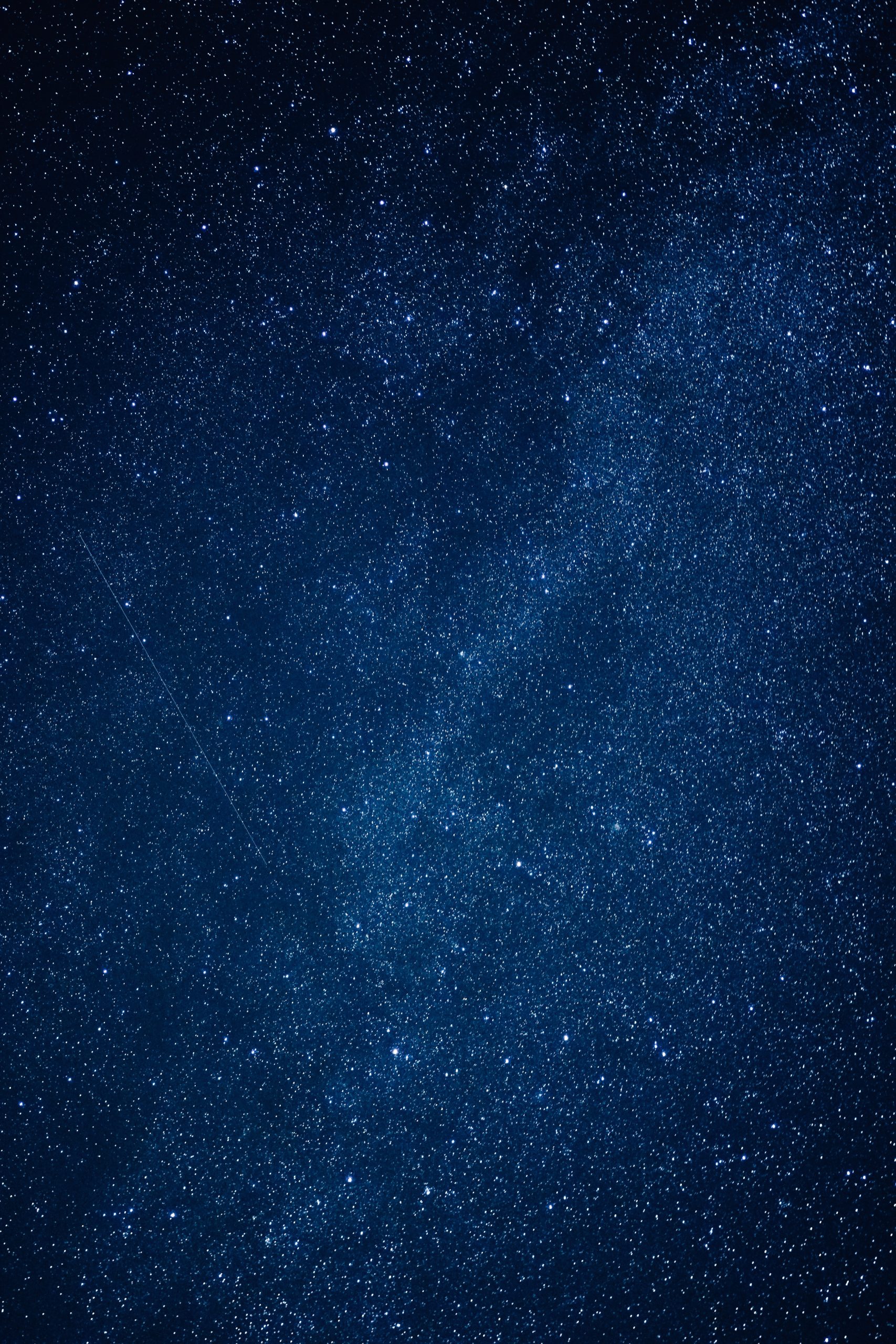Can a Full Moon Affect Your Mental Health?
For centuries, the moon has captivated human imagination. Its ethereal glow and intriguing phases have been associated with a myriad of beliefs and myths. Among these beliefs is the idea that a full moon can influence our mental health. While the scientific community remains divided on the topic, there is a growing body of research exploring the potential connection between lunar cycles and mental well-being. In this blog post, we will delve into the evidence surrounding this intriguing phenomenon.
The Lunar Effect: Separating Fact from Fiction
The notion that a full moon impacts human behavior has persisted for centuries, giving rise to the concept known as the “lunar effect.” Proponents of this theory propose that the moon’s gravitational pull and the increased luminosity during a full moon can disrupt our sleep patterns, trigger mood swings, and even lead to more profound psychological issues.
However, scientific studies examining the relationship between the full moon and mental health have produced mixed results. Some research suggests a potential link, while others find no significant impact. Let’s explore the evidence from both sides of the argument.
The Case for the Lunar Effect
Advocates of the lunar effect theory bring forth several key arguments to support their claims:
- Circadian Rhythm Disruption: The moon’s cycle can disrupt our natural circadian rhythm, which controls our sleep-wake cycle. Fluctuations in light exposure, resulting from the moon’s phases, might affect the quality and duration of sleep. Sleep disturbances, in turn, can impact mental health.
- Increased Light: A full moon provides additional nighttime illumination, potentially leading to sleep disturbances or exacerbating bipolar disorder symptoms in vulnerable individuals.
- Gravitational Pull: The moon’s gravitational pull affects ocean tides, and some argue that it could influence the fluid content in our bodies, including the brain. This, in turn, may impact mood and behavior.
While these arguments may seem compelling, the scientific community has yet to reach a consensus on the matter. Let’s examine the counterarguments challenging the existence of the lunar effect.
Debunking the Lunar Effect
Detractors of the lunar effect theory highlight the following points:
- Lack of Consistency: Numerous scientific studies have failed to establish a consistent relationship between lunar cycles and mental health. Many of these studies suffer from methodological limitations, such as small sample sizes or poor study design.
- Confirmation Bias: The belief in the lunar effect has become deeply ingrained in our culture. As a result, people may attribute certain behaviors or events to a full moon, regardless of whether there is a genuine causal link. This confirmation bias can lead to the perpetuation of unfounded beliefs.
- Complexity of Human Behavior: Human behavior is influenced by a multitude of factors, including genetics, environment, psychology, and social circumstances. It is overly simplistic to attribute changes in behavior solely to the lunar cycle without considering these other variables.
Despite these arguments, some recent studies have reported intriguing findings that suggest a possible connection between lunar cycles and mental health.
New Insights: Recent Research
In recent years, researchers have sought to uncover the truth behind the lunar effect. Several studies have reported statistically significant associations between the full moon and various mental health phenomena:
A study published in the International Journal of Psychiatry in Clinical Practice found that psychiatric emergency room visits increased during the full moon. The researchers analyzed 91,000 patient visits over a five-year period and discovered a small but significant rise in emergency room admissions during the peak of the lunar cycle.
Another study, published in the journal Chronobiology International, investigated the sleep patterns of participants during different lunar phases. The findings revealed that participants took longer to fall asleep, experienced reduced sleep duration, and displayed decreased sleep quality during a full moon. However, the effect was more pronounced in those who were not aware of the moon’s phase, suggesting that psychological factors and confirmation bias may influence subjective experiences.
While these studies provide intriguing insights, it is essential to approach the findings with caution. Further research is necessary to confirm these findings and explore the underlying mechanisms.
The Final Verdict
Despite centuries of speculation, the true influence of the full moon on mental health remains elusive. While some studies report potential associations between lunar cycles and certain psychological phenomena, others find no significant effects. The complex nature of human behavior, combined with conflicting research findings, makes it challenging to definitively establish a causal relationship.
It is crucial to approach the topic with a skeptical mindset and evaluate the evidence critically. Scientific research should continue to explore this fascinating phenomenon to unravel the mysteries of the moon’s potential impact on our mental well-being.
In conclusion, while the existence of a full moon effect on mental health remains uncertain, there is undoubtedly significant intrigue and historical fascination surrounding the topic. Exploring the mysteries of the moon and its potential influence on human behavior continues to captivate the imagination and drive scientific curiosity.
Further research and robust studies are necessary to provide concrete evidence and shed light on the complex interactions between our minds, the moon, and the universe.
Table of Contents
